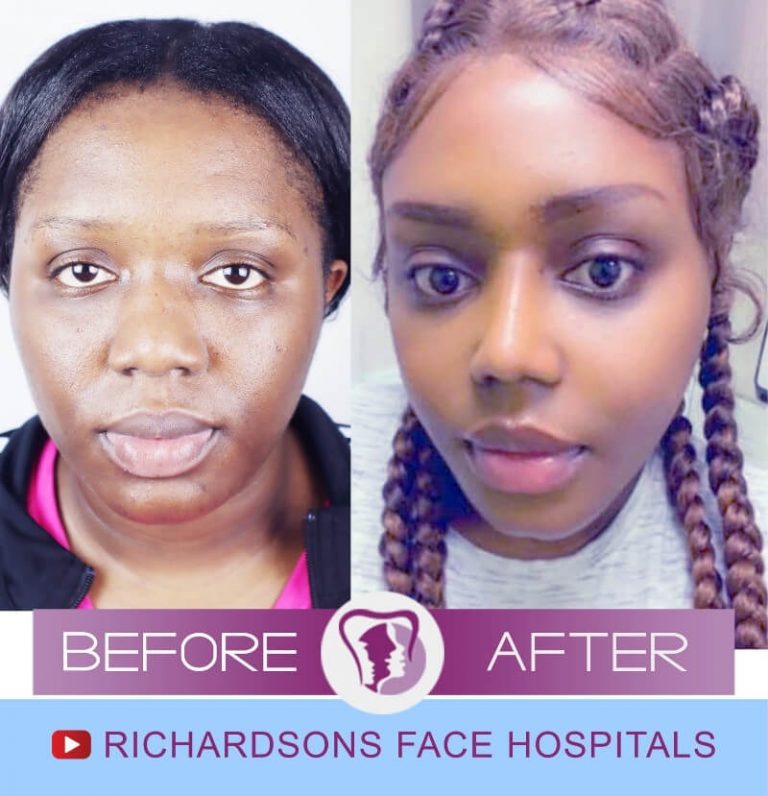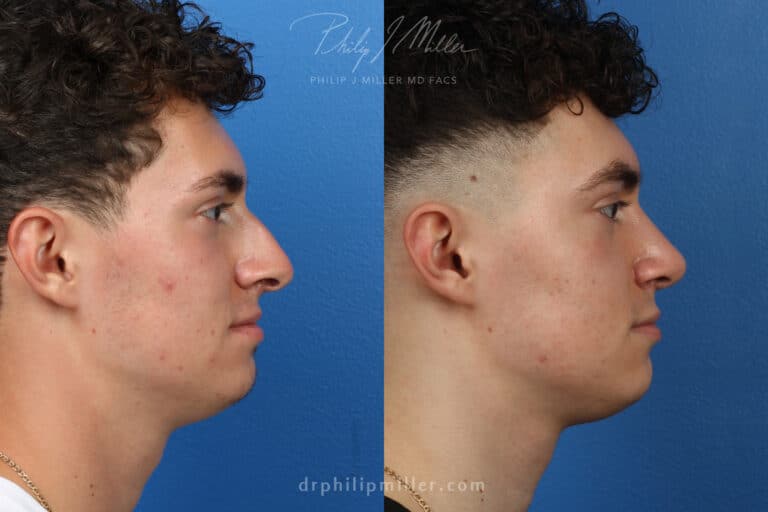Examining the Emotional and Social Elements That Drive People to Think About Plastic Surgery as a way of Improvement
The choice to pursue cosmetic surgical treatment usually expands beyond plain visual appeals, linking with social and mental characteristics that warrant extensive assessment. Variables such as self-esteem, pervasive societal elegance standards, and the pervasive influence of social media converge to shape private inspirations for surgical improvement.
The Role of Self-confidence
Self-esteem dramatically affects an individual's decision to pursue cosmetic surgical treatment. People with low self-worth usually view themselves in an adverse light, leading to feelings of inadequacy concerning their physical look.

Inevitably, the duty of self-worth in the decision-making procedure regarding plastic surgery highlights the complicated interaction between body image, personal satisfaction, and psychological health. Understanding this relationship is essential for medical care professionals to guarantee that clients are making notified decisions rooted in practical assumptions and psychological wellness.
Societal Beauty Requirements
Influenced by prevalent media representations and social stories, societal appeal criteria play a critical function fit people' perceptions of their own bodies. These requirements are often defined by an idyllic form of appeal that stresses characteristics such as youthfulness, proportion, and slimness. As these perfects are continued through different channels, consisting of advertising, tv, and movie, individuals frequently internalize these messages, causing frustration with their natural appearance.
The implications of these societal standards extend beyond aesthetic choices; they can influence self-confidence, mental health, and interpersonal relationships. Individuals who perceive themselves as disappointing these criteria may experience sensations of insufficiency, prompting a need for plastic surgery as a way of accomplishing societal approval. This quest is often sustained by the idea that complying with these suitables will improve not only physical look however additionally social standing and individual fulfillment.

Influence of Social Network
The influence of social elegance requirements is more amplified by the surge of social networks platforms, where curated images and idyllic depictions of appeal are common. Individuals are constantly subjected to filtered and edited photos, which commonly show unattainable physical characteristics. This exposure grows a society of comparison, leading individuals to examine their own appearance versus these typically impractical benchmarks.
Social media site influencers and celebs regularly advertise aesthetic procedures, stabilizing the concept that surgical enhancements are a viable means for accomplishing social suitables (plastic surgery rancho cucamonga). The visibility of these improvements can produce an assumption that undergoing plastic surgery is a common technique, thus affecting individuals to consider comparable interventions as a path to enhanced self-worth and social approval
Additionally, the interactive nature of social networks enables prompt feedback through likes and remarks, further enhancing the wish to comply with popular beauty standards. Such interactions can worsen feelings of inadequacy and drive individuals toward cosmetic surgical treatment as a way of gaining recognition. Inevitably, social media plays an essential function in shaping perceptions of appeal, which substantially affects the decision-making procedures surrounding cosmetic surgery.

Cultural Perspectives on Look
Across various societies, assumptions of look are deeply rooted in historical, social, and financial contexts, forming individuals' views on charm and charm. In lots of societies, look acts as a substantial marker of identity, influencing social status, professional chances, and individual relationships. For instance, in some societies, light skin is commonly connected with riches and opportunity, while others may idealize darker complexion as symbols of strength and credibility.
Additionally, typical appeal criteria are often continued with social narratives, media representations, and family members influences, resulting in varying ideals across various regions (plastic surgery rancho cucamonga). In Western societies, the focus on youth and fitness typically drives people towards cosmetic improvement, while in certain Eastern societies, more refined changes aligned with traditional aesthetics may be liked
Globalization and the expansion of digital media have actually even more complicated these characteristics, producing a hybridization of elegance suitables that goes beyond geographical borders. As individuals significantly browse these social stories, the stress to satisfy details look criteria can result in the desire for plastic surgery, mirroring a complicated interplay of personal ambitions and social worths. Recognizing these social point of views is vital in resolving the motivations behind cosmetic surgical treatment considerations.
Emotional Impacts of Plastic Surgery
Numerous people seeking plastic surgery report experiencing extensive emotional click now impacts that can dramatically change their self-perception and psychological health - plastic surgery rancho cucamonga. The wish for physical improvement usually stems from underlying concerns such as reduced self-confidence, body dysmorphic problem, or societal pressures concerning charm standards. For some, the immediate post-operative phase can lead to a momentary increase in self-esteem and complete satisfaction with their appearance, cultivating a sense of empowerment
Nevertheless, these favorable sensations might not be sustaining. Study suggests that while some patients experience improved self-worth, others may deal with increased stress and anxiety or anxiety if their expectations are not satisfied. This inconsistency can develop from unrealistic ideals continued by media depiction and social narratives surrounding beauty.
Moreover, the emotional implications of plastic surgery prolong beyond the individual. Relationships with family members and good friends might be stressed as social characteristics change, site leading to feelings of isolation or alienation. Eventually, the emotional impacts of cosmetic surgery are diverse and complicated, needing mindful consideration by both potential patients and healthcare suppliers to ensure informed decision-making and reasonable expectations.
Final Thought
In verdict, the choice to go after plastic surgery is considerably influenced by a combination of self-confidence problems, societal beauty criteria, and social perspectives on look. The prevalent reach of social media further worsens these pressures, promoting unrealistic perfects that individuals typically strive to obtain. Recognizing these mental and social variables is essential for attending to the motivations behind plastic surgery, highlighting the demand for a much more nuanced discussion surrounding appeal and self-acceptance in modern culture.
The decision to go after cosmetic surgical procedure frequently extends past mere visual appeals, intertwining with mental and social characteristics that merit complete assessment. Inevitably, social media plays a pivotal role in forming perceptions of appeal, which dramatically affects the decision-making processes surrounding cosmetic surgery.
As individuals increasingly navigate these cultural stories, the pressure to adhere to particular appearance criteria can lead to the desire for cosmetic surgery, mirroring an intricate interplay of individual aspirations and cultural worths.In conclusion, the decision to go after cosmetic surgical treatment is dramatically influenced by a mix of self-worth problems, social elegance standards, and cultural perspectives on appearance. Comprehending their explanation these social and mental aspects is essential for dealing with the motivations behind cosmetic surgery, highlighting the requirement for a more nuanced discussion bordering charm and self-acceptance in modern society.